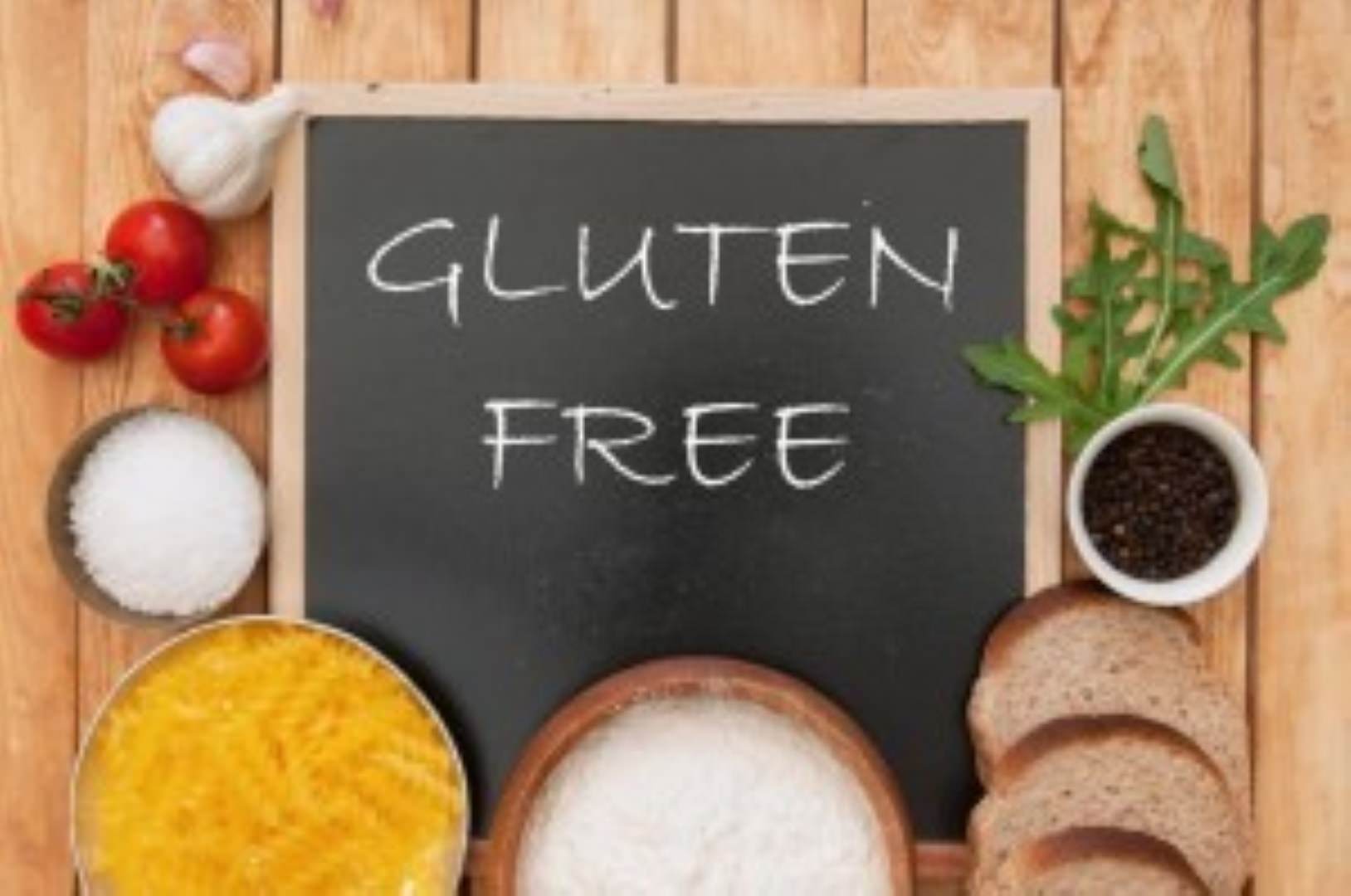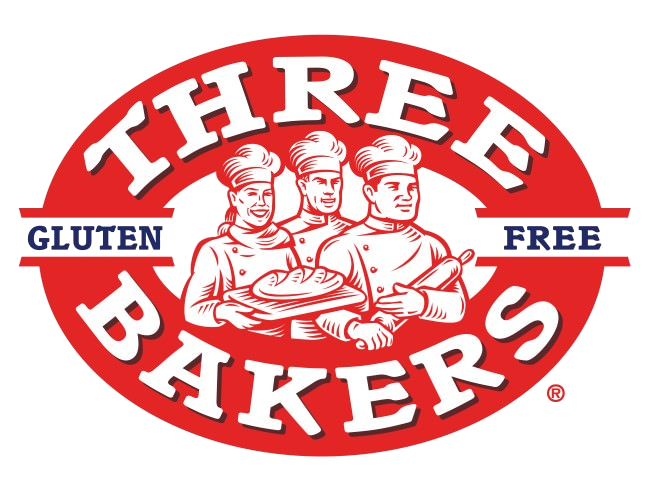- BY Susan Tucker
- POSTED IN Gluten-Free Life, Information
- WITH 0 COMMENTS
- PERMALINK
- STANDARD POST TYPE

Held each May, Celiac Awareness Month is an event recognized throughout the United States to help raise awareness about celiac disease. Supported by the National Foundation for Celiac Awareness, and other organizations, the goal is to provide support for those affected with the disease. In today’s post, we’ll talk about what celiac disease is, and offer a wide-range of resources to help you or a loved one as you navigate a diagnosis.
Celiac Awareness Month – What to Know
Discovery
What Is Celiac Disease?
 Celiac disease is a digestive disorder that prevents the absorption of nutrients due to damage in the small intestine.
Celiac disease is a digestive disorder that prevents the absorption of nutrients due to damage in the small intestine.
Our small intestines are lined with thousands of little finger-like protrusions called villi. Villi help your small intestine draw nutrients from food into the bloodstream. When individuals with celiac disease eat gluten, the gluten molecules attack the villi. These attacks blunt the villi, preventing them from adequately absorbing nutrients from food.
Doctor’s are still unclear as to what causes celiac disease. However, they are confident that the disease is genetic. Many individuals who have family members with celiac disease are more likely to have it themselves than individuals with no family history of celiac disease.
What Celiac Disease Does To You
Because celiac disease prevents villi from absorbing necessary nutrients, individuals diagnosed with the disease are chronically malnourished, regardless of what, or how much, they eat. This means that an individual eating a relatively “healthy” diet may still show symptoms of malnourishment including osteoporosis, a decline in dental health, organ disorders, etc. There are researchers who also claim that celiac disease contributes to mental disorders such as ADHD, depression, and autism.
Without proper treatment, celiac disease can be deadly. Individuals with celiac disease who do not follow a strict gluten-free diet are at increased risk for certain cancers, especially thyroid cancer, esophageal cancer, cancer of the small intestine and lymphoma.
What To Do If You Have Celiac Disease
 There is no cure for celiac disease. Only by following strict gluten-free diet can individuals with celiac disease alleviate the symptoms listed above.
There is no cure for celiac disease. Only by following strict gluten-free diet can individuals with celiac disease alleviate the symptoms listed above.
If you haven’t yet been diagnosed with celiac disease, you’ll want to talk to your doctor about getting tested. Beginning a gluten-free diet before your test can cause you to receive a false negative, so receiving a fast and accurate diagnosis is crucial.
Get more in-depth information on celiac disease in this post from our Founder, Jane Trygar: Celiac Disease 101.
Testing for Celiac Disease
Getting screened for celiac disease is not complicated. Instead, a simple blood test will initially be used to test for the presence of antibodies. The most common of these tests is a tissue transglutaminase (tTG) IgA and/or IgG test. If the results indicate that you do have the disease, your doctor may then recommend that you undergo a small intestine biopsy to make certain the diagnosis is correct.
If you test positive for the disorder, you can still enjoy a healthy life. By following a gluten-free diet, you can prevent many of the other disorders and problems that can be associated with the disease. People who may be sensitive to gluten but not have the disease. If you test negative, following a gluten-free diet may still be of benefit to you.
Talking to Your Doctor About Celiac Disease
You are your own best advocate. As such, it’s important to feel empowered to meet with and talk to your doctor about celiac disease and how it affects you specifically. We have outlines suggestions for talking to your doctor in this post.
Management
Tips for Setting Up a Gluten Free Kitchen
 Once you have determined you, or someone in your family has a celiac diagnosis. It is time to consider how your gluten free kitchen is going to be set up and run. This might not be something that you have considered but cross contamination can be a big deal for someone who can’t handle gluten. The amount of gluten that can make a sensitive person sick is very minute. This post will help get you started: Making Your Kitchen Gluten Free – Our Guide to Preparing Your Gluten-Free Kitchen.
Once you have determined you, or someone in your family has a celiac diagnosis. It is time to consider how your gluten free kitchen is going to be set up and run. This might not be something that you have considered but cross contamination can be a big deal for someone who can’t handle gluten. The amount of gluten that can make a sensitive person sick is very minute. This post will help get you started: Making Your Kitchen Gluten Free – Our Guide to Preparing Your Gluten-Free Kitchen.
Become a Label Detective
The first time you go shopping after starting a strict gluten-free diet can be a little terrifying. Turning over your favorite packaged foods becomes an exercise in confusion and disappointment. ‘Not made with gluten ingredients’? ‘Made in a facility that also processes wheat’? What does it all mean? Reading food labels is an important part of keeping yourself safe and healthy after being prescribed a gluten-free diet. Unfortunately, the gluten-free standards are far from perfect. We’ve outlined some guidelines to help you make sense of labeling here.
Support
How to Support a Friend With Celiac Disease
 If someone you know and love has been diagnosed with celiac disease, all you want to do is help them. They have to walk the path, but that doesn’t mean you can’t walk alongside them, supporting them along the way. What should you do? What is most helpful? Here are a few ways you can help your friend with celiac disease.
If someone you know and love has been diagnosed with celiac disease, all you want to do is help them. They have to walk the path, but that doesn’t mean you can’t walk alongside them, supporting them along the way. What should you do? What is most helpful? Here are a few ways you can help your friend with celiac disease.
Finding Support: Complete List of Gluten Free Support Groups
It can feel isolating dealing with celiac disease, gluten intolerance, or a gluten allergy. The good news is you don’t have to go it alone.
The internet makes it easier than ever to track down and join a gluten-free support group near you. These gluten-free groups are indispensable for the newly diagnosed celiac.
Eating Gluten Free
Five Reasons a Gluten-Free Diet is More Than a Fad
One of the biggest issues facing people with celiac disease or gluten intolerance is a digestive tract in constant turmoil. Gas, bloating, cramping, and diarrhea are typical symptoms that negatively impact a person’s daily life. By going gluten free, you can reduce, if not eliminate, these harmful symptoms. We’ve outlined many more benefits in this post.
Moving to a Gluten-Free Diet the Right Way
Transitioning to a gluten-free diet doesn’t have to be daunting, or complicated. While many of the foods you’ve been eating may contain gluten, there are so many more that are naturally gluten free. Though at first look, it may seem you are limited to the gluten free diet section of the supermarket, you’ll notice upon deeper investigation there is so much more available to you. We think a balance between gluten-free staples and a fresh diet is the easiest way to embrace your new lifestyle.
Here are some foods that will help you move to a gluten-free diet the right way.
We hope these tips, tricks, and resources in honor of Celiac Awareness Month have helped guide you. Find more great resources on our blog and sign up for our not-too-frequent twice monthly newsletter below!


